|
Paradise Lost
by John Milton Published in 1674 453 Pages Thibault's Score: 2/5 When I picked up Paradise Lost I had no idea what to expect - I had heard of the book but didn't have the faintest clue what it was about. I didn't even realize that John Milton was a poet and that Paradise Lost was a poetry book. Paradise Lost is an epic poem in the style of the Odyssey about Lucifer tempting Adam and Eve, and their subsequent banishing from heaven. The poem is organized into twelve books, with the narratives alternating between Adam and Eve, and Lucifer. I found the writing style to be very boring and difficult to follow. The topic wasn't very interesting to me either - the book is about Christianity, not about the philosophy of Christianity. After reading the first three books, I decided that Paradise Lost wasn't for me. I don't understand why it has survived as a classic to this day.
1 Comment
Superpower: Three Choices for America’s Role in the World
by Ian Bremmer Published in May 2015 240 Pages Thibault’s Score: 2/5 Superpower is a snooze worthy book filled with slogans and common platitudes. Bremmer attempts to outline the three main approaches to foreign policy: noninterventionism, moneyball (interventionism but only to save money), or military bravado. Because Bremmer doesn’t pick any of the three policy prescriptions until the end of the book and only attempts to defend them, all three explanations and defenses fall flat. The book reads like just another (really long) boring article in Times or the Economist. There are no insights to gain from it which can’t be found online. But then again, what else should I have expected from Ian Bremmer, the editor of Time magazine? The 4th Generation Warfare Handbook
by William S Lind and Lt. Col. Gregory A. Thiele Published in November 2015 134 Pages Thibault’s Score: 4/5 The 4th Generation Warfare Handbook is certainly an extremely interesting book, and one that I strongly recommend to anyone who is interested in studying geopolitics. Many things about this book surprised me. First, was the writing style. I was expecting the book to read like the Army’s Survival Handbook which I read several years earlier. Instead of a dry technical white paper (which I was expecting), Lind uses allegory in the same style as Clausewitz’s on war. He gives numerous extensive anecdotal stories, and works hard to put the reader in the shoes of a combatant of 4th Generation Warfare. Another thing which surprised me was Lind’s definition of 4th Generation Warfare. It differs greatly from what I’ve read on Wikipedia and elsewhere, but makes much more sense. Out of fear of butchering the explanation of 4th Generation Warfare that I still don’t fully understand, I will let the reader discover this for themselves. The only (very minor and perfectly understandable) factor that might make this book boring to some readers is the fact that the last few chapters of the book are written for a modern commander who is actively training his troops for a military engagement. Several things about 4th Generation Warfare and its implications struck me as particularly remarkable. Lind’s explanation about why the counter-insurgencies often fail make perfect sense. The rules of 4th Generation Warfare turn all convention 2nd and 3rd generation strategies on their head. When the distinctions between states and non state actors, between soldiers and civilians, or between moral and immoral become blurred, all of the rules of warfare are changed. In traditional wars, the side which takes the most casualties wins, while the side that takes the least loses. In traditional wars, you wing by applying the maximum rather than the minimum amount of force. In traditional wars, defense is key, and consolidating your forces is critical. In the 4th Generation of War, all of these old fashion rules of conflict have been turned on their head. Lind gives several very interesting imaginary anecdotes between fictional commanders in Iraq applying the tradition “Goliath” strategy and Lind’s “David” strategy. This anecdote has completely changed by understanding of the Iraq war, and helped me realize that to beat an insurgency it is critical to become more like an insurgency. I also found the chapter which enumerates the differences between line infantry and light infantry to be fascinating. I had always heard of the two but never really understood the differences. This helped me realize the key tactical difference between the wars of tomorrow and yesterday. I also now realize that the vast majority of potential soldiers who could fight in Line Infantry aren’t cut out to fight as Light Infantry. For example, I might survive (but hate) a time in Line Infantry, but am not mentally or physically able to fight as Light Infantry. The wars of tomorrow will rely on decentralized networks of highly specialized and elite soldiers rather than masses of conscripts. William S Lind is truly a modern day Clausewitz. A Short History of Man: Progress and Decline
By Hans-Hermann Hoppe Published in March 18 2015 144 Pages Thibault’s Score: 5/5 A Short History of Man: Progress and Decline is an amazing piece of work by Hoppe. He makes numerous interesting points that I have never considered, such as that hunter-gathers are stuck in a Malthusian trap. No matter how hard they work, an increase in their population necessarily means that their collective living standards will decline because they don’t produce - just hunt and gather. I hadn’t realize how prone to conflict this made them. He also defends intelligence as a key economic factor, something often tragically ignored by many libertarian thinkers. This books is a brilliant and short synthesis of many ideas that I’ve been absorbing over the last few months, and I strongly recommend it. The State in the Third Millennium
H.S.H. Prince Hans-Adam II Published in 2009 213 Pages Thibault’s Score: 5/5 The State in the Third Millennium is a masterpiece which shines light on all of the facets of statehood in our times. Written by the current reigning prince of Liechtenstein, the author is beyond credible. Liechtenstein is probably the world’s most stable and wealthiest nation. When I visited Liechtenstein in 2017 I was shocked by what I found. The small mountain nation has managed to eliminate virtually all poverty, crime, and other social ills. I’ve had the privilege of speaking with the author’s cousin, H.S.H. Prince Michael, and found in him a man that was deeply in tuned with all of the geopolitical and world trends that I have been following over the last two years. The State in the Third Millennium is a perfect summary of all of the reading and work that I have been engaged in for the few years. I would venture as far as saying that it is the perfect manifesto for the Startup Societies movement that I started. Prince Hans-Adam II starts by outlining his theory of the state, which he later supports with numerous historical examples. The book starts by exposing the origins of the state in hunter-gatherer societies, and continues to explain how various historical events and trends have shaped the nature of the state throughout history. Particularly interesting is an early chapter where he explains how the changing technologies and strategies of warfare have affected the size and scope of government throughout the ages. He also has several interesting chapters where he explains the American experiment, Swiss democracy, and Liechtenstein’s own constitutional history. I also found the prince’s defense of monarchy and attack of democracy to be particularly convincing and poignant. I found the last few chapters to be less interesting. In them, the Prince shares his views on government spending, education, currency, and various other issues of statecraft. The last few chapters mirror the typical libertarian position, and I didn’t think that they added much to the masterpiece. The State in the Third Millennium is a book that I can recommend like few others, especially to people in the Startup Societies movement. The Antichrist
by Friedrich Nietzsche Published in 1895 126 Pages Thibault’s Score: 4/5 The Antichrist is a phenomenal exposition of Nietzsche’s earlier theory of Master and Slave morality as it applies to Christianity. H.L. Mencken pointed out in the introduction of the book that many authors at the time were attacking the fundamentals of Christianity, including its metaphysics and retelling of factual events. Nietzsche, however, is one of the earliest authors to not only attack the idea that Lot’s wife turned into a pillar of salt, or that God created the earth in 7 days but also attacks Christian ethics. This is unique, because earlier critics of Christianity had always taken Christian ethics for granted. Nietzsche is, as always, very interesting, and I drew many unique ethical insights from this book. For example, I never had considered the degree to which pity is dangerous and incentivizes bad social behavior and poor choices. Also unique about The Antichrist is the format in which it is written. Unlike other books by Nietzsche that I’ve read, such as Beyond Good and Evil, The Antichrist is well ordered and logically structured series of arguments. In his other books, the chapters do not follow one to the next, and are, in essence, a series of disconnected small books. Overall I recommend this book, especially to former or recovering Christians who haven’t fallen into the trap of moral nihilism. |
Thibault SerletMost of my articles are book reviews, but I also write about many other topics. Archives
December 2023
Categories |
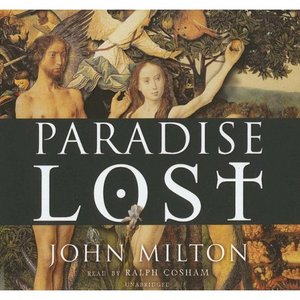

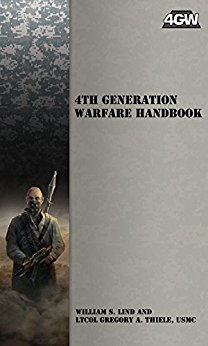
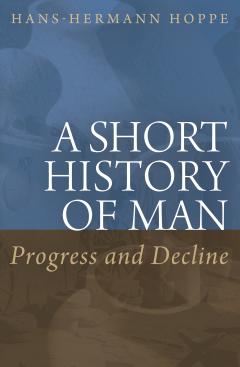
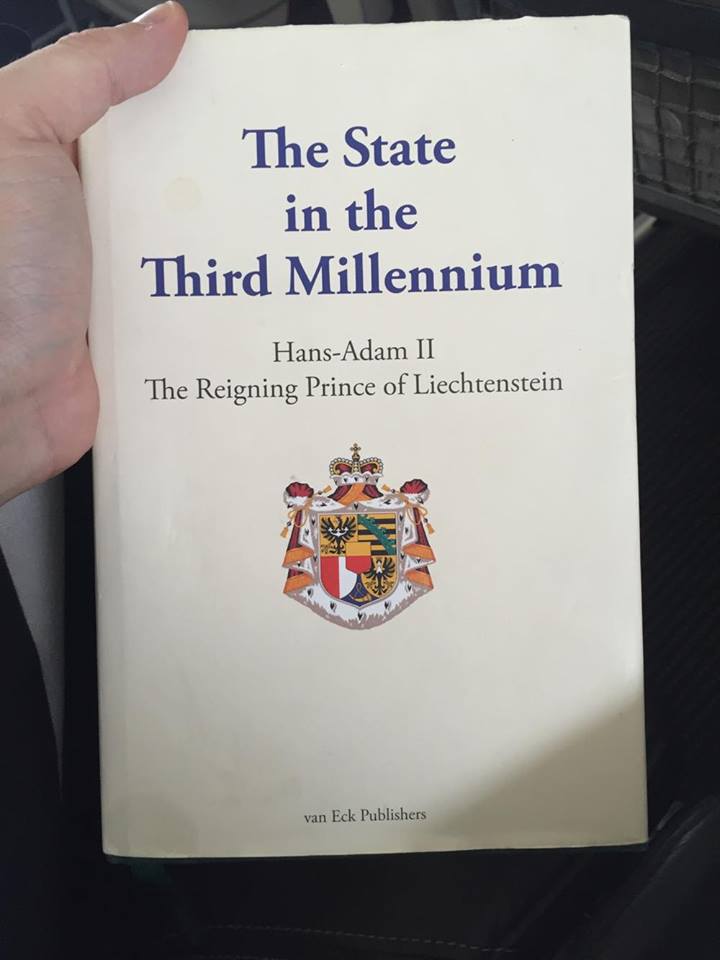
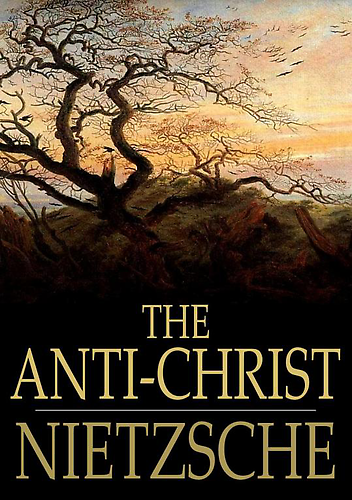
 RSS Feed
RSS Feed